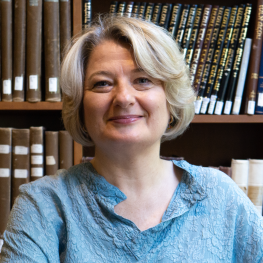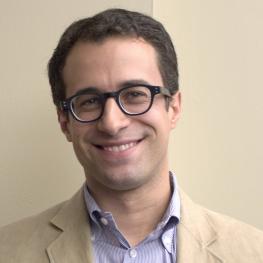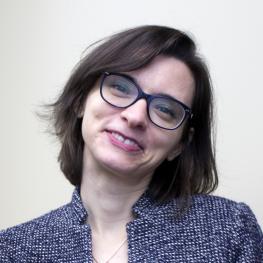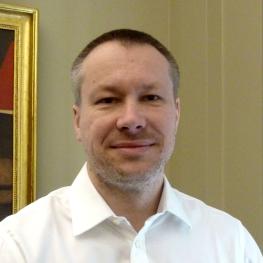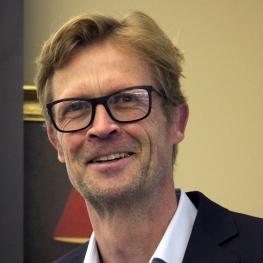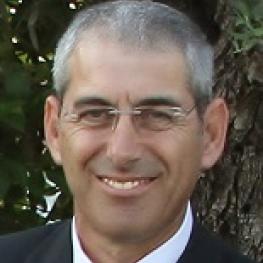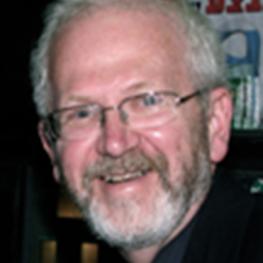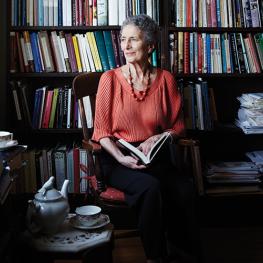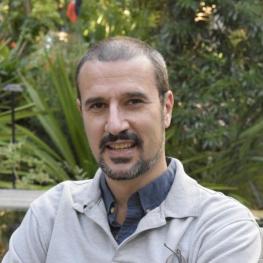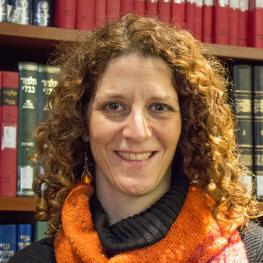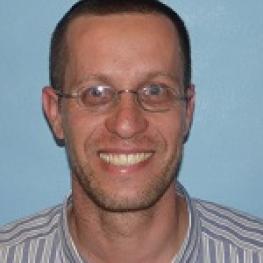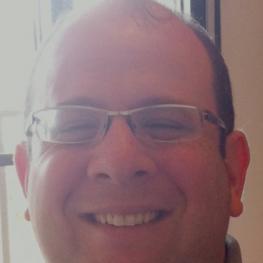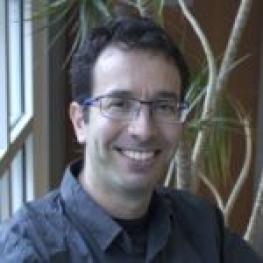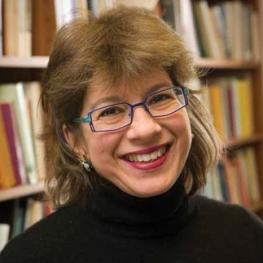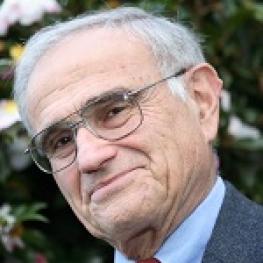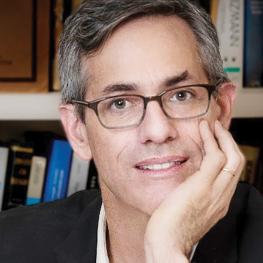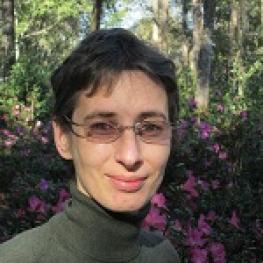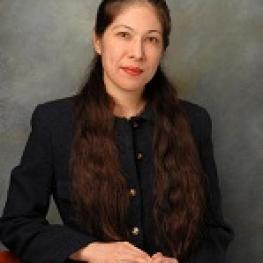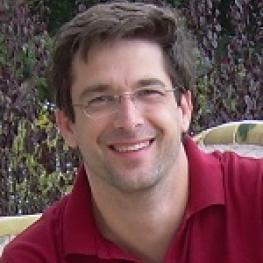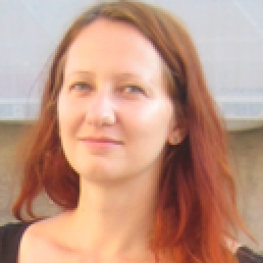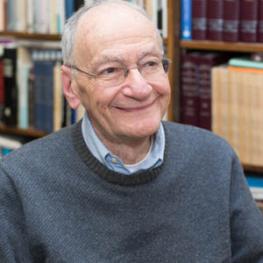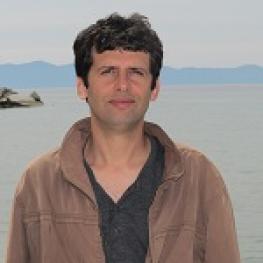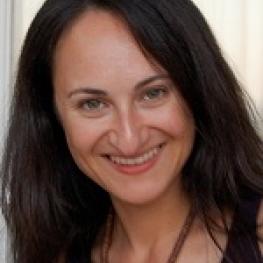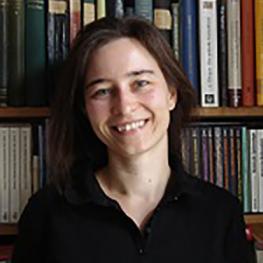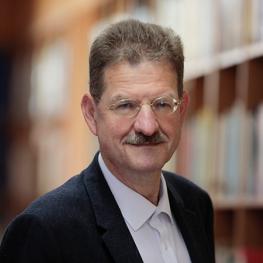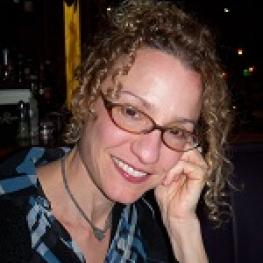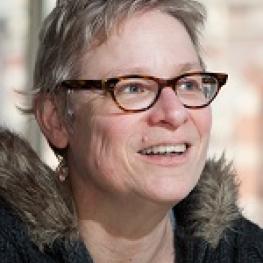New Perspectives on the Origins, Context and Diffusion of the Academic Study of Judaism

2014–2015
This fellowship year was a collaborative effort to deepen our understanding of the intellectual revolution at the heart of modern Jewish history. The turn to history in the nineteenth century fundamentally recast the nature of Jewish thinking in Europe and beyond, influencing even those who challenged or rejected the dominance and mandate of historical-critical scholarship. The predominant narrative in this history of the academic study of Jews and Judaism is that of the Wissenschaft des Judentums (WdJ), which fulfilled crucial cultural, political, and religious functions in its day, and which, despite recent scholarship, remains to be fully contextualized.
From its inception, Jewish studies was a transnational endeavor characterized by a network of scholars emerging from different seedbeds. In time, modern rabbinical seminaries in central Europe and universities in France, England, the U.S., and Israel would provide new and necessary forms of institutionalization. The needs and strategies of the discipline and its political and cultural functions varied in different countries and political contexts. The 2014–2015 fellows asked how academic categories and methodologies have framed how Jews and Judaism are understood—be they in parallel with Christian theology, political science, history, classical philology, or in relation to traditional teaching contexts and methodologies. They sought to see modern Jewish studies in comparison to other emergent ethnic and religious area studies, bringing a nimble and searching self-awareness to their own craft, seen critically in context.
Two volumes are connected to the fellowship year. One, edited by Michael Meyer, Noah Gerber, and Anne O. Albert: Frontiers of Jewish Scholarship: Expanding Origins, Transcending Borders (Penn Press, 2022). A second volume emerged from year, inspired by the December symposium, which concentrated on the role of scriptures in the Wissenschaft project: Wissenschaft des Judentums beyond Tradition: Jewish Scholarship on the Sacred Texts of Judaism, Christianity, and Islam, edited by fellows Dorothea M. Salzer, Chanan Gafni, and Hanan Harif (De Gruyter, 2019).
